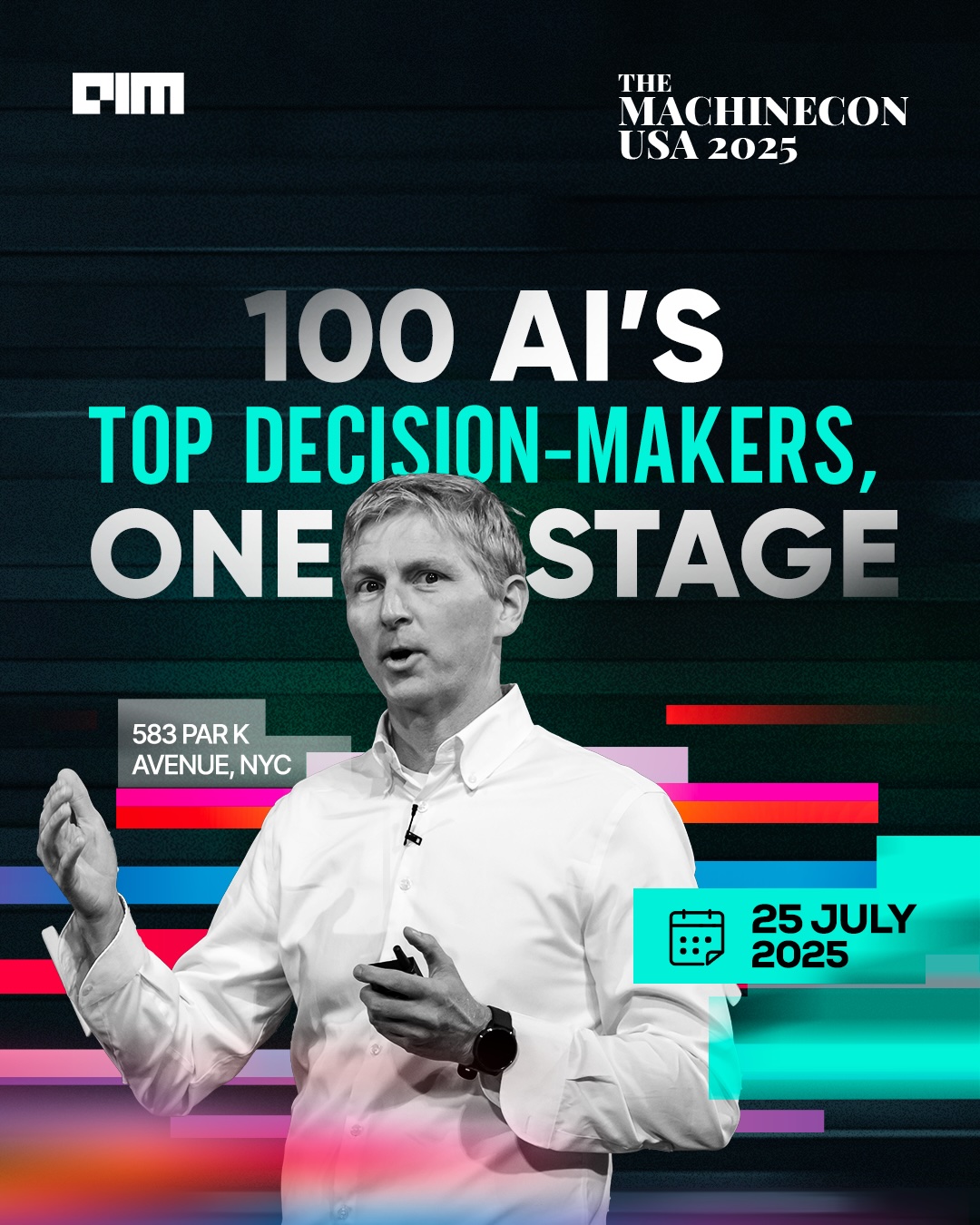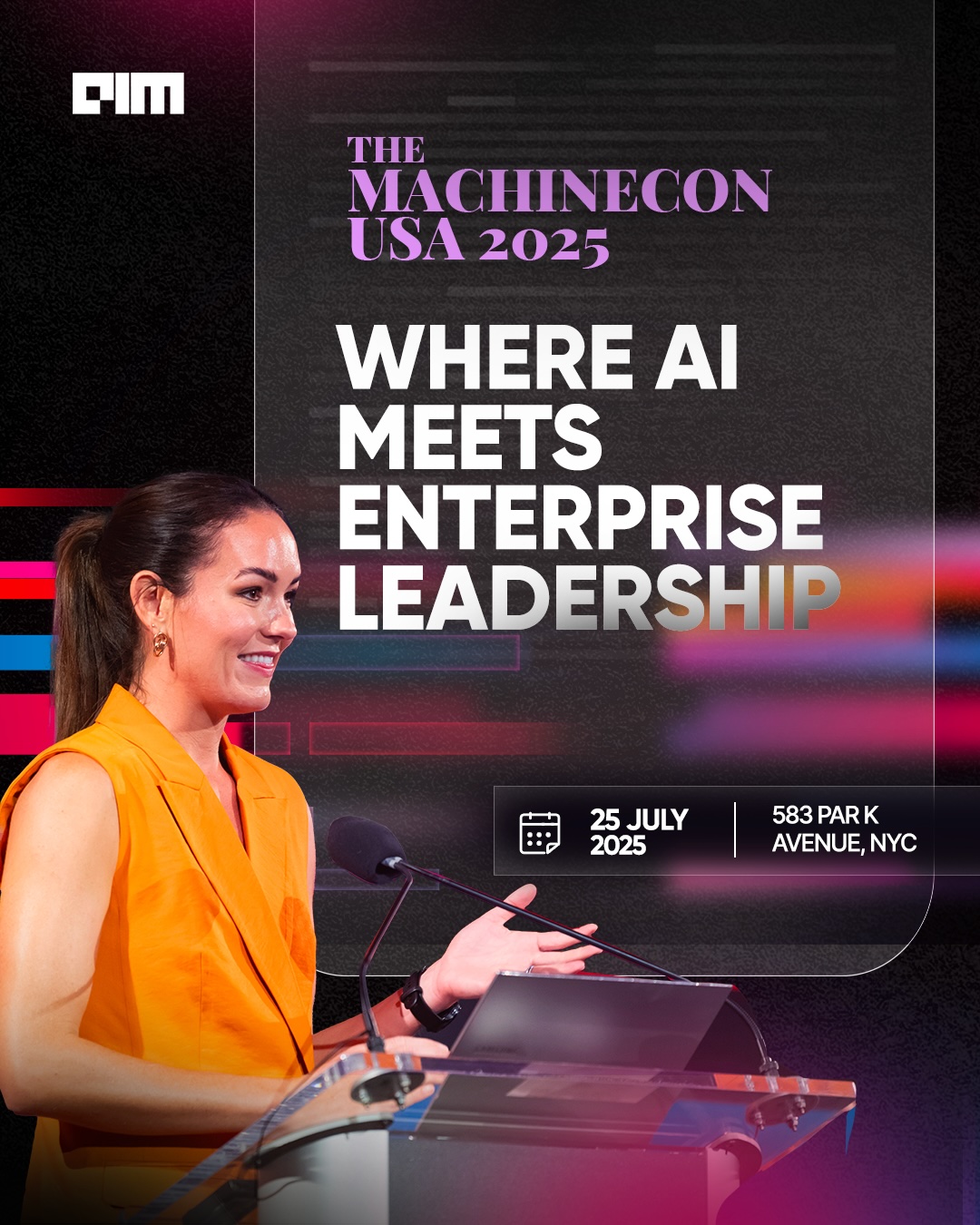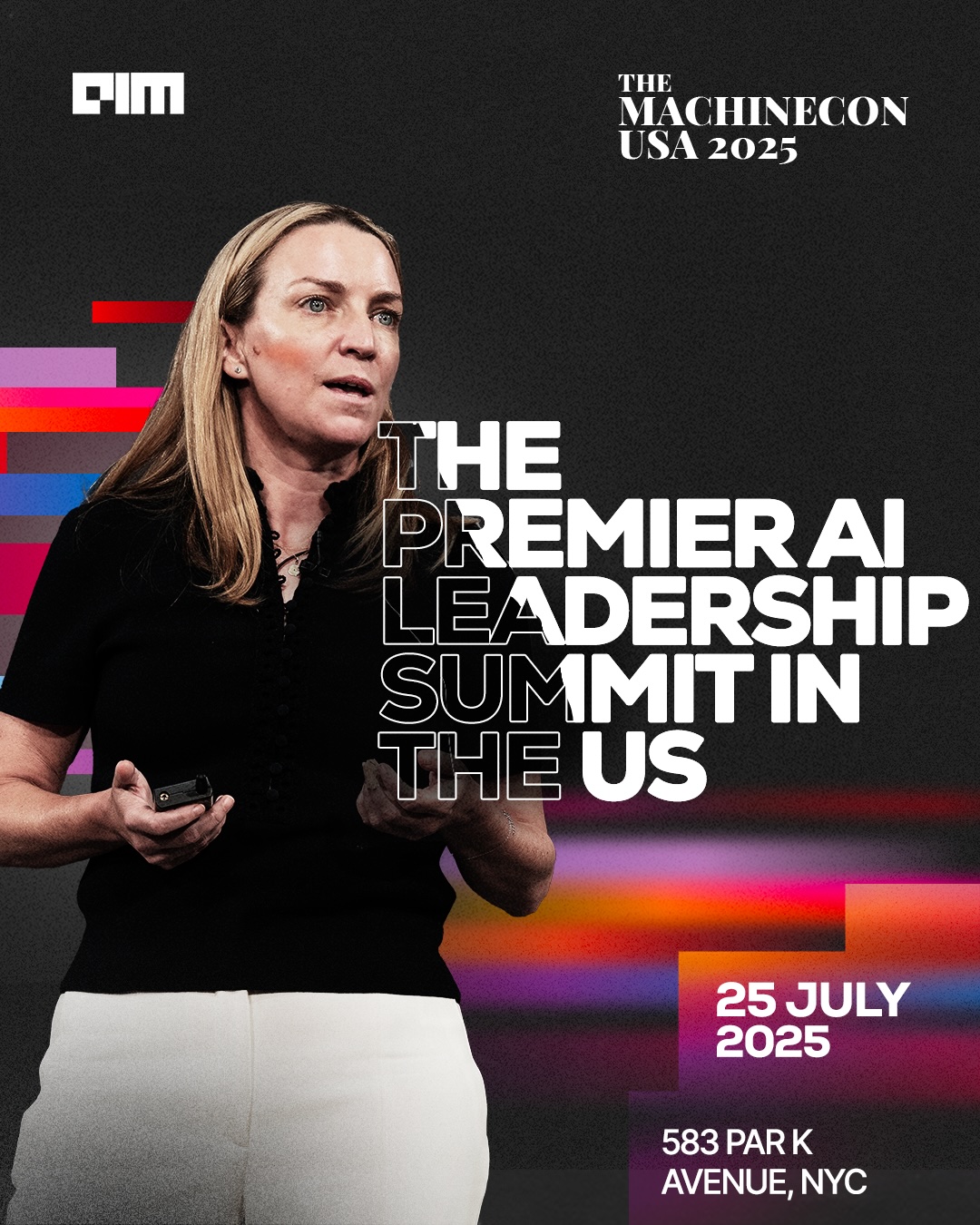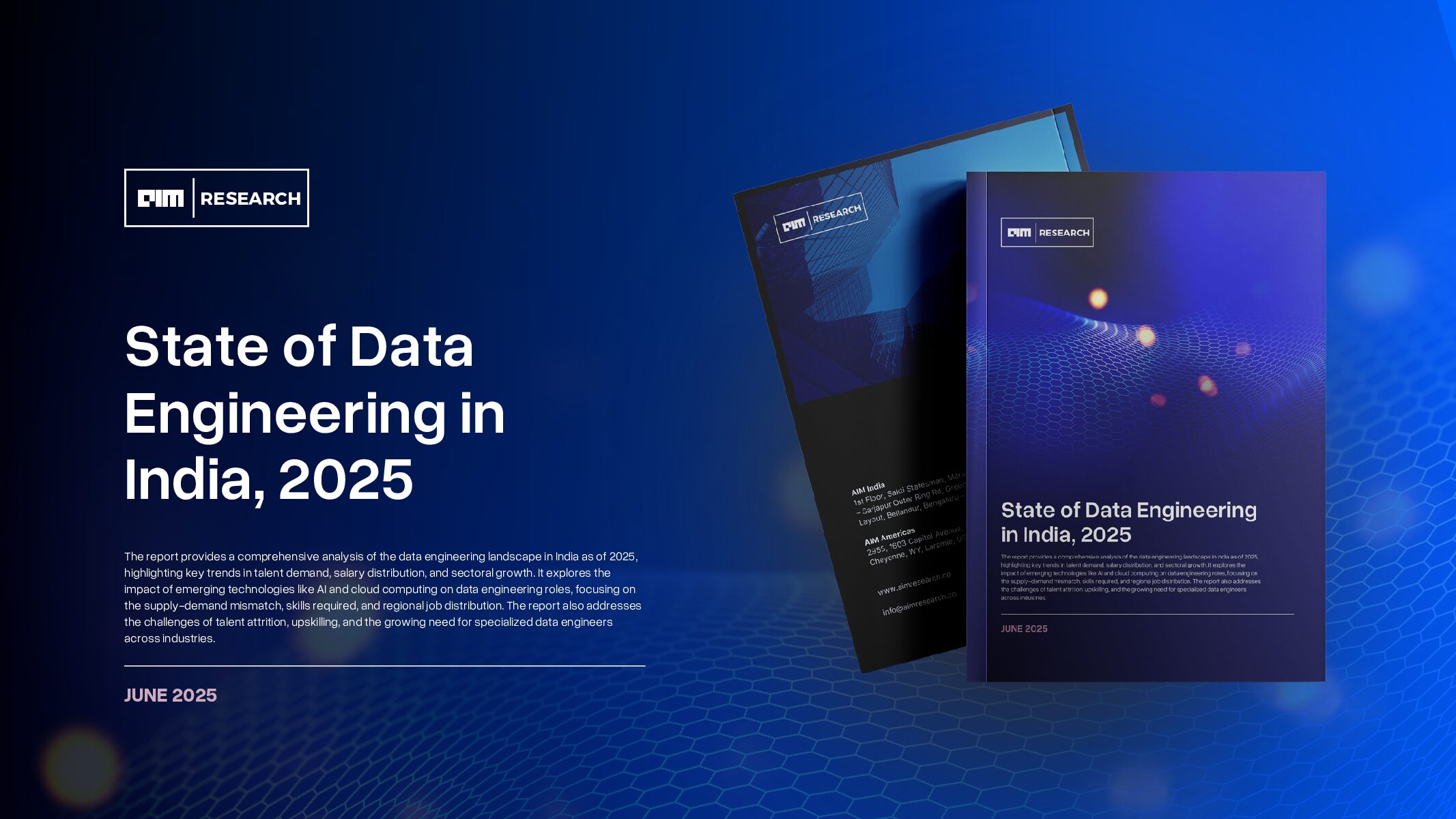Jesse Zhang didn’t want to build just another AI product—he wanted to create software that delivered real, tangible value for companies. As a second-time founder, he and his co-founder Ashwin Sreenivas surveyed dozens of startups before landing on an AI-powered customer service solution that businesses not only needed but were willing to pay for. Their company, Decagon, was born in August 2023.
Fast forward a year, and Decagon’s AI-powered customer service platform is now used by companies like Notion, Duolingo, Rippling, Bilt, and Substack. Its AI agents can handle customer queries, issue refunds, cancel subscriptions, dispute transactions, and even replace credit cards—all without human intervention. But getting enterprise adoption wasn’t easy. Many of Decagon’s clients conducted bake-offs, testing Decagon’s AI against incumbents like Salesforce. Each time, Decagon’s AI chatbots won, proving their ability to resolve customer issues with higher accuracy and efficiency.
Many chatbots struggle with handling multi-step inquiries, often eroding customer trust. A February 2023 study found that nearly 75% of respondents believed chatbots failed to handle complex questions and frequently provided inaccurate answers. Similarly, a December 2022 study revealed that over 80% of applicants found chatbots increased their frustration levels, while 63% reported their inquiries remained unresolved. Beyond customer dissatisfaction, enterprises have been hesitant to adopt AI-driven customer experience solutions due to their “black box” nature, which offers little visibility or control over decision-making. Recognizing this challenge, Decagon’s founders, Jesse Zhang and Ashwin Sreenivas, aimed to build an AI agent that balances intelligence, transparency, and enterprise control.
The Rise of AI Agents in Customer Support
AI agents software that can reason and autonomously complete tasks are becoming increasingly common in enterprise applications. OpenAI CEO Sam Altman and other AI leaders predict widespread adoption of AI agents in the coming year as advancements in reasoning and multi-step task execution improve automation capabilities.
“For the first six months, we didn’t build anything that wasn’t a direct request from one of our customers,” said Jesse.
Decagon’s AI customer support agents are built on large language models from OpenAI, Anthropic, and Cohere. Unlike traditional chatbots, which follow scripted responses, Decagon’s AI can handle complex, nuanced customer inquiries. The platform continuously learns, refining responses over time, while allowing businesses to maintain control over AI decision-making through custom rules and guardrails.
This control and transparency have been key to Decagon’s adoption. “I think they’ve been smart about creating visibility so that their AI agents are not black boxes,” investor Elad Gil noted. “Customers can see what’s happening, understand it, and make adjustments.”
Decagon’s AI agents not only resolve 70% to 90% of customer inquiries autonomously but also ensure seamless escalation for the remaining 10% to 30% through Intelligent Routing Logic, which directs complex cases to human agents. Rather than operating as a “black box,” Decagon prioritizes transparency, providing customers with full visibility into user issues through its Admin Dashboard. This centralized hub analyzes customer interactions, automatically tagging conversations, identifying recurring themes, and suggesting knowledge base expansions to improve future resolution rates. Beyond customer support, Decagon envisions its AI Agent Engine as a foundational system for broader applications. Product Lead Bihan Jiang described it as “the endgame for all AI agent systems,” with potential use cases extending into sales prospecting, outbound automation, and internal employee support.
Disrupting the Customer Support Landscape
Companies using Decagon are already reshaping their customer support operations. Bilt, for example, reduced its customer support team from hundreds of contractors to just 65, saving millions of dollars. Another unnamed Decagon customer cut its support staff by 80%.
The demand for better customer service AI is evident. As of December 2024, 58% of companies use chatbots, but legacy solutions have struggled to resolve complex issues, leading to frustration. Studies have found that nearly 75% of users believe chatbots fail to answer complex questions, and over 80% report increased frustration from chatbot interactions.
Decagon aims to change that by offering AI that mirrors top-performing human agents, with the ability to resolve issues autonomously. The company has also built infrastructure to keep customer support knowledge up to date, ensuring its AI delivers accurate and relevant responses.
Founders with Proven Track Records
After experimenting with various startup ideas in gaming, Zhang founded Lowkey in 2018, a video game clipping tool designed to make capturing and sharing gameplay moments seamless. The company, backed by Andreessen Horowitz and part of Y Combinator’s Spring 2018 class, sought to create a social layer across multiple games. In December 2021, after a year and a half in the market, Lowkey was acquired by Niantic, which had recently raised $300 million at a $9 billion valuation to build its “real-world metaverse.” Niantic saw Lowkey as a way to accelerate social experiences within its products, leading Zhang to join its Social team post-acquisition.
Sreenivas, a Stanford-trained software engineer, co-founded Helia, a computer vision startup that Scale AI acquired in 2020. Before Helia, he worked at Palantir, helping enterprises build digital twins of their operations. The two met at an Andreessen Horowitz founder retreat in Utah in 2023 and quickly realized their complementary skills and shared vision for enterprise AI. That partnership led to Decagon’s rapid rise as a leader in AI-driven customer support.
The Future of AI-Powered Customer Service
Zhang had indicated that voice is “still in its early stages and is a technology that we’re super excited about,” and that the technology isn’t quite ready for enterprise-grade usage. But yesterday, Decagon is taking AI agents to the next level with the launch of Decagon Voice. Recognizing that phone support remains a preferred channel for many customers, Decagon has introduced enterprise-grade AI voice agents capable of delivering hyper-realistic, real-time conversations. The voice agents operate on the same AI engine that has powered the company’s success in chat and email support.
Voice AI presents unique challenges, including latency, accuracy, and naturalness. However, advancements in language models, text-to-speech, and speech-to-text technologies combined with Decagon’s engineering expertise have enabled the development of high-quality voice agents ready for enterprise deployment. To further enhance its voice AI capabilities, Decagon has partnered with ElevenLabs, an industry leader in conversational AI, to integrate lifelike voice models into its platform.
Decagon AI Voice Agents are already handling inbound calls for top enterprises, providing 24/7 support for account recovery, returns processing, and dispute resolution. Jesse Zhang, Decagon’s CEO, emphasized the importance of high-quality voice interactions, stating that “the most lifelike and emotionally resonant voices were powered by ElevenLabs.” The partnership allows Decagon to scale AI voice support without compromising the customer experience.
Seamlessly integrating with call center infrastructure, Decagon AI Voice Agents ensure a smooth handoff to human representatives when needed. Businesses can define flexible Agent Operating Procedures (AOPs), allowing agents to call external tools for real-time data retrieval and automation. This continuous learning process optimizes customer interactions and enhances overall efficiency.
Competition
While Decagon AI markets itself as the “most advanced AI platform for customer support,” Voiceflow has emerged as a serious competitor, offering enterprises a faster and more scalable way to build AI-powered customer experiences. Teams of all sizes are opting for Voiceflow, which enables them to deploy AI agents at four times the speed and scale of traditional solutions.
With over 250,000 teams using its platform—including major brands like Intuit, LVMH, and IHG Hotels—Voiceflow has established itself as a trusted solution for enterprises seeking secure and customizable AI agents. Companies like Trilogy have successfully leveraged Voiceflow to automate 60% of their L1 and L2 customer support tickets, demonstrating its ability to streamline operations with AI-driven efficiency.
While major corporations may have greater resources, startups survive by moving faster, taking bigger risks, and focussing continuously on addressing real-world consumer problems. Zhang’s approach emphasises that early-stage founders do not require all of the answers right away. What matters most is learning by doing, communicating to clients, and iterating quickly.
For Decagon, the key to long-term success isn’t worrying about what Google or any other competitor might do but it’s more about building something so valuable that customers can’t ignore it. As Zhang puts it, “You just have to get to a point where you have customers that really appreciate and value what you’re doing, and that speaks for itself.”























